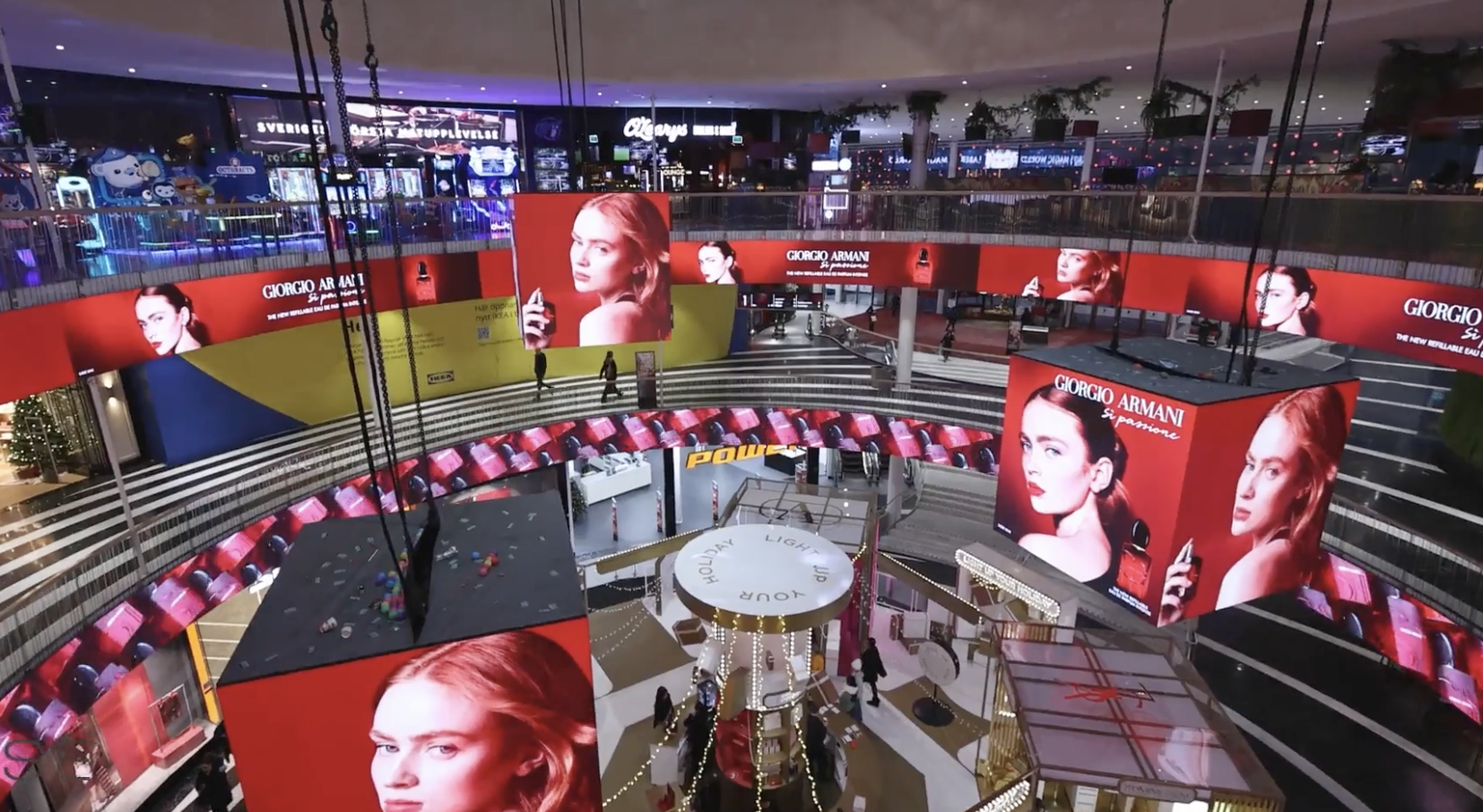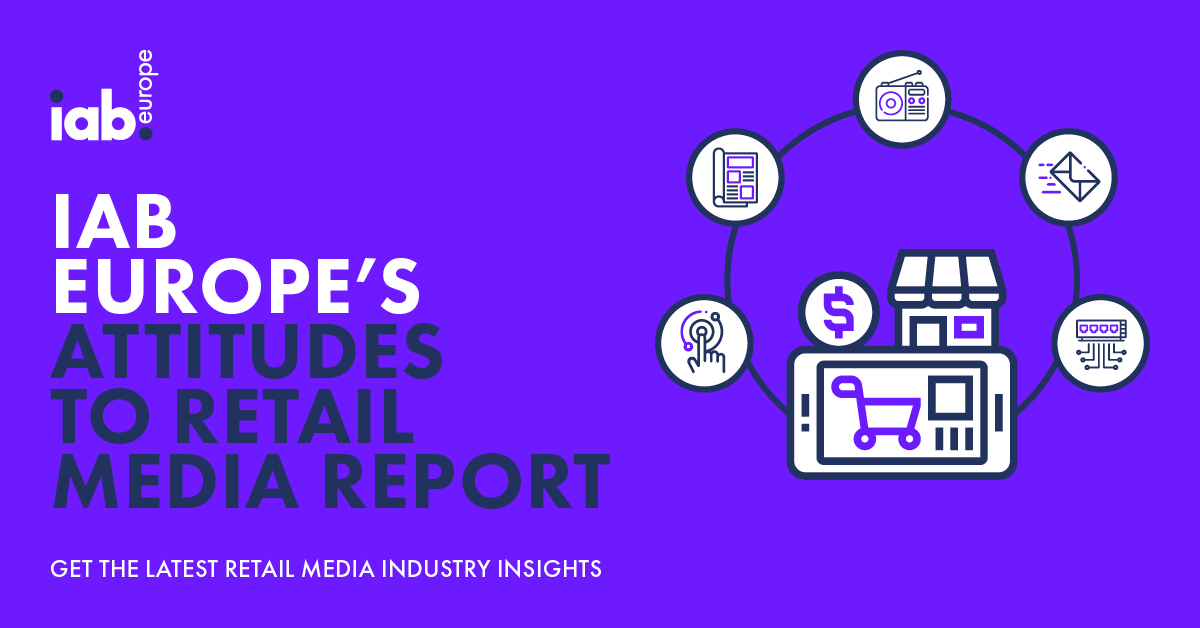More than half (55%) of regular mobile and online shoppers change their purchasing habits at least once a week according to new survey.
This presents a significant challenge for brands that advertise online, as they are already operating in a market where their audience is fragmented and consumer attention is scarce.
According to the study Rocket Fuel, a predictive marketing platform, advertisers must now find a way to reach consumers at various stages of the buying journey as well as identifying whether they’re in the mood to shop, with two in three (64%) shoppers saying, ‘How I react to an ad or promotion depends on the mood I am in’. Without the right technology to figure this out as well as organise and utilise masses of data, advertisers run the risk of leaving shoppers frustrated by irrelevant and irritating advertising, missing their one chance to connect.
Joel Christie, Commercial Director at Rocket Fuel, explains: “This research shows us that the massive rise of the internet, as well as countless channels and devices has made it difficult for advertisers to sell to reach the right consumers online. If shoppers are changing their buying habits weekly, brands now need a solution that can help them find individuals at the perfect moment with the right content. And because, over time, retailers have collected so much data, they need to rely on predictive technologies, powered by artificial intelligence, to utilise it effectively.”
Consumer behaviour is becoming increasingly difficult for marketers to predict when using traditional segmentation methods. At a time when people say their purchases reflect who they are, marketers and retailers must look at people as individual consumers, rather than pigeonhole them using outdated methods. Artificial intelligence is key to monitoring a huge amount of data points to identify the way people shop and when, before reaching them with personalised advertising at the precise moment they are likely to engage. It’s less about the limiting segment, more about the individual. Less about the device and more about the moment it is being used. And it’s less programmatic, much more ‘predictive.’
By harnessing the power of artificial intelligence, brands can optimise every part of the marketing mix to deliver seamless, always-on, always-relevant experiences that consumers value. Additionally, the application of artificial intelligence allows brands not only to understand, but predict, consumer behaviour. Advanced algorithms pinpoint where the consumer is, where they are in their shopping journey, and what advertising messages would help move them forward. This ensures retail brands are serving up the right content to those ready to purchase, driving conversions and getting ahead of the competition.








